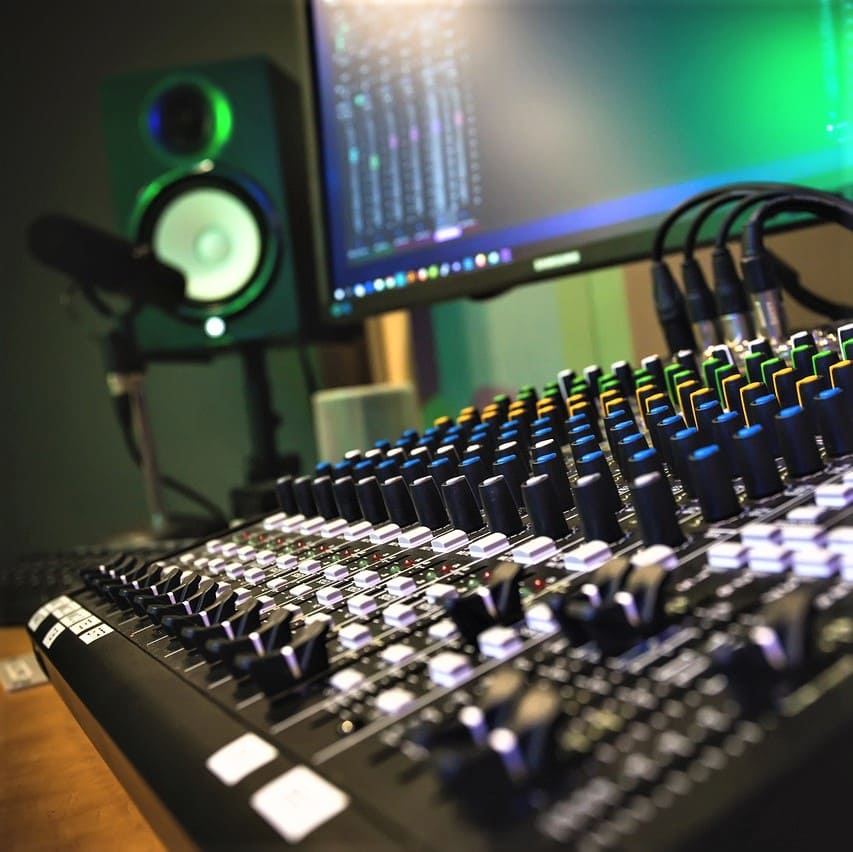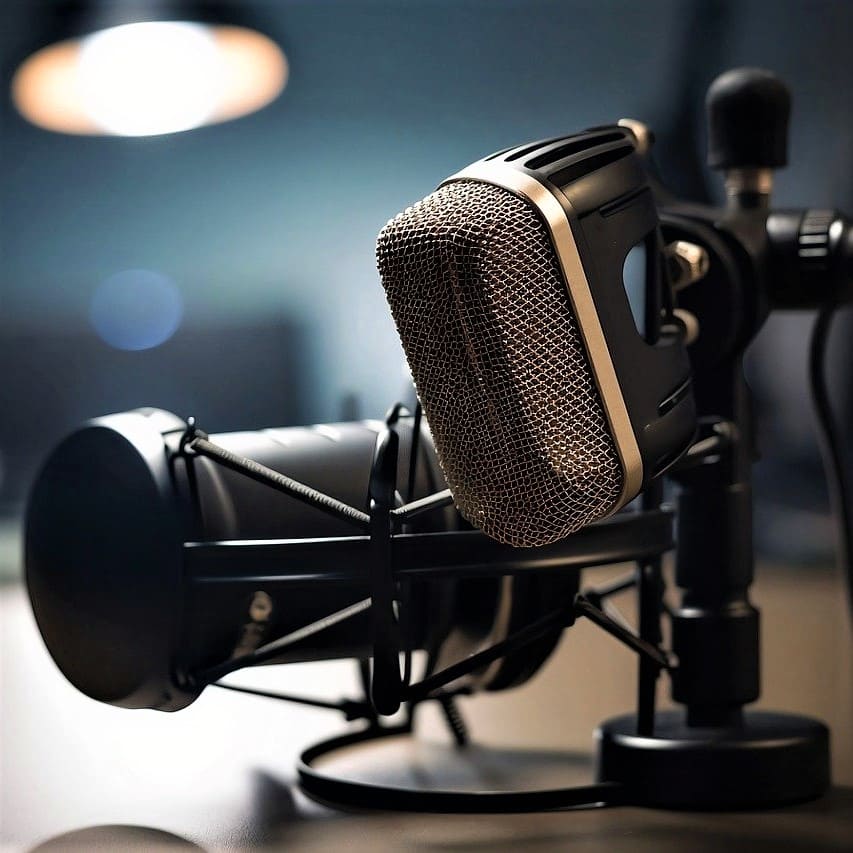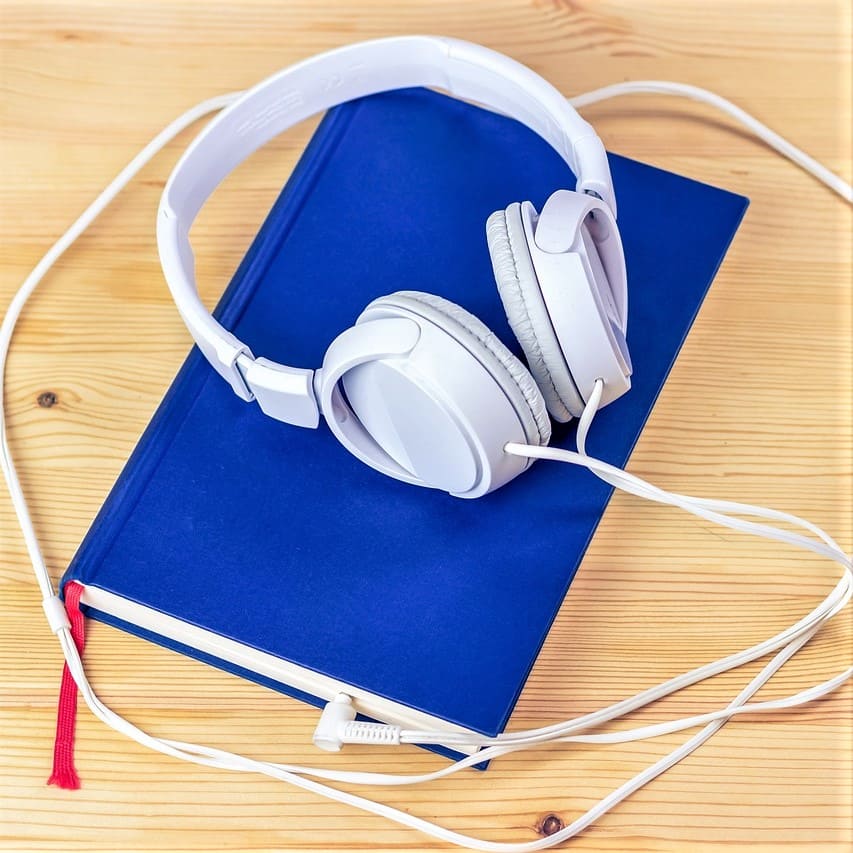
Speech Data Collection Services
If you’re looking for an experienced language service provider who can provide reliable audio datasets at affordable prices, look no further than PoliLingua! Our experienced team works quickly and efficiently to meet your deadlines, even when it comes to large or complex projects. In addition to providing audio datasets, we also offer transcription services as well as linguistic validation services such as translation and proofreading.
- Our company has been providing speech data collection services all around the globe for over 20 years and is now considered a leader in this sector.
- We are committed to providing affordable, tailor-made audio speech datasets of over 200 languages.
- We understand the importance of accuracy when it comes to collecting speech data, which is why we take great care in ensuring that each dataset is reliable and up-to-date.
What Is Audio Data Collection?
Audio data refers to any kind of digital data that represents a sound. This can include speech, music, environmental sounds, or any other type of audio signal. Audio data is typically stored in digital formats such as WAV, MP3, or AAC, and can be processed and manipulated using various software tools and techniques.
In the context of machine learning and artificial intelligence, audio data is often used to train algorithms for tasks such as speech recognition, speaker identification, and emotion detection. Audio data collection can be preprocessed and transformed into various features that are then fed into machine learning models, allowing them to learn patterns and make predictions based on the input audio signals.
Some common techniques used for processing audio data collections in machine learning include Fourier transforms, Mel-frequency cepstral coefficients (MFCCs), and spectrograms, which provide representations of the frequency and temporal characteristics of the audio signal.
What Is Speech Data Collection?
Speech data collection is the process of recording speech for further use, such as research, speech recognition training, and speech synthesis. Data can be collected from audio recordings or text corpora containing speech samples.
Speech data collection provides insight into real-world speech interactions and can help organizations better understand their customers and the speech patterns of a wide variety of speakers. For speech recognition systems and applications, speech data collections are essential for creating accurate and reliable models that have been trained on natural conversations.
While machine learning approaches are capable of producing effective speech performance with less effort, speech data collection can give researchers a deeper understanding of human language competence.
What Is Included in Our Speech and Audio Data Collection?
- Audio datasets of high quality to make your development of voice-enabled technology a breeze
- Audio environment set up so your AI would understand voice commands in various real-life situations, even the challenging ones
- Native speakers from around the world,150+ countries join forces to furnish the speech data you need
- Comprehensive linguistic and cultural learning
- Access to the pool of native speakers
- Both on-site and distant speech recording
- Transcription and review of the collected data
- Quality assurance and project control
Our experience in audio dataset collection allows us to offer the most cost-effective solution in this field. Contact us to get a free quote for your project.
Use of Audio Dataset for Machine Learning
The audio dataset is commonly used for machine learning tasks related to audio analysis, such as speech recognition, speaker identification, music classification, and environmental sound recognition. Here are some ways in which audio datasets can be used for machine learning.
- Training machine learning models - Audio datasets can be used to train machine learning models to recognize different types of sounds or patterns within audio data. Machine learning algorithms can learn to recognize features within audio signals, such as frequency content or spectral patterns, that are indicative of different sound types.
- Evaluating machine learning models - Audio datasets can also be used to evaluate the performance of machine learning models. By testing the accuracy and efficiency of models on audio datasets, researchers and developers can assess how well the models perform in recognizing different types of audio signals.
- Improving audio processing techniques - Audio datasets can be used to develop and improve audio processing techniques such as noise reduction, audio enhancement, and audio compression. By analyzing audio datasets, researchers can develop algorithms that can automatically remove noise, enhance speech clarity, or compress audio data without losing important information.
- Developing audio applications - Audio datasets can be used to develop audio applications such as speech-to-text, text-to-speech, and audio recognition applications. By training machine learning models on audio datasets, developers can create applications that can transcribe speech, recognize specific sounds or phrases, and generate synthetic speech in a particular language or voice.
Each audio dataset is a valuable resource for machine learning and audio analysis tasks, allowing researchers and developers to access large amounts of high-quality audio data that can be used to develop and improve machine learning models and audio processing techniques.
PoliLingua’s Collection of Audio Data For Machine Learning
For humans, practice makes perfect. For AI, it’s all about the body of data it can have access to. The more data you feed it, the better the results will be. The quality of audio data collection for machine learning is also important as it gives an edge to your automatic speech recognition system letting it understand human speech better.
Therefore, PoliLingua provides your ASR system exactly with what it needs – a trove of useful speech data in over 200 languages and dialects which is both massive and high-quality.
PoliLingua can improve accuracy for ASR systems using speech data of a multicultural pool of speakers, teach virtual assistants to recognize human speech in a variety of languages, settings, and contributing factors; and help you create text-to-speech applications that can produce true-to-life speech in multiple languages.
Where Can Speech Data Collection Services be Used?
Speech data collection services may be needed in various industries and contexts where speech-related data is used for machine learning, artificial intelligence, and other data analysis tasks. Some examples of industries and contexts where speech data collection services may be needed include.
- Technology companies - Technology companies may need speech data collection services for training and developing speech recognition, natural language processing, and voice-enabled virtual assistant systems.
- Market research - Market research companies may need speech data collection services for collecting and analyzing consumer opinions and feedback through focus groups, surveys, and interviews.
- Healthcare - Healthcare providers and researchers may need speech dataset collection services for collecting and analyzing patient speech data for medical diagnosis and treatment.
- Education - Educational institutions and researchers may need speech data collection services for developing language learning tools, assessing language proficiency, and studying language acquisition.
- Media and Entertainment - Media and entertainment companies may need speech dataset collection services for creating and improving speech-enabled applications, developing voice-overs and speech synthesis for movies and television, and analyzing audience engagement and sentiment.
Speech data collection services may involve tasks such as designing and conducting surveys, setting up recording equipment, collecting and transcribing speech data, and performing quality control and data validation checks.
Why Is PoliLingua The Best Speech Data Collection Service Provider?
PoliLingua has expertise in translation, localization, and other language solutions for corporate, government, and private-sector clients.
- Our language and dialect coverage is quite literally global. We work with experts who are native in 200+ languages and dialects, from the most widely spoken (English, French, Spanish, Russian, Chinese, Portuguese, Arabic, Italian, German, etc) to relatively rare (Bikol, Rohingya, Chuukese, etc)
- We respect our clients' deadlines and budgets offering professional services.
- At our company, we have a proven track record of providing high-quality linguistic services that exceed international quality standards.
- Our main goal is to provide high-quality translation services and solutions that are stress-free, budget-saving, and cost-effective.

Our Speech Dataset Collection Process
Speech data collection is a process that involves gathering and analyzing spoken language. It is a powerful tool for businesses, research institutions, and other organizations that need to collect information about how people express themselves verbally. There are the components of the speech data collection process in more detail.
- Data Collection Processes - The speech dataset collection process typically begins with speech signal acquisition. This step involves recording the audio of a conversation or other spoken material using specialized hardware such as microphones and audio recorders. The recordings can then be analyzed using computer programs or manually transcribed by trained professionals. Depending on what information the researcher is looking for, they may use different techniques to collect their data.
- Labeling and Marking of Data - Once the audio has been acquired, the next step is to annotate it with labels or tags that describe its content. This labeling helps researchers quickly locate specific pieces of information within the recordings and makes it easier for them to analyze and interpret their findings. Depending on the type of project being conducted, this may involve assigning keywords to segments of an audio file or classifying an entire audio file according to predetermined categories.
- Analysis Process - The final step in the speech dataset collection process is analysis. Once the data has been collected and transcribed, it needs to be analyzed to gain meaningful insights from it. The analysis involves breaking down the recorded conversations into smaller chunks and examining them for various features such as sentiment, emotion, accent, pronunciation, and other characteristics relevant to the project at hand. After analyzing these features, researchers can conclude how people communicate in different scenarios or contexts. For example, they may be able to identify trends in how people speak in a certain region or demographic group.
This can be done through various tools such as statistical analysis software or natural language processing algorithms that are designed specifically for this purpose. Additionally, there are numerous software programs available that allow researchers to visualize their data to better understand its meaning and implications.
Multilingual Speech Data Collection Services
PoliLingua provides speech data collection services in all major languages and dialects. We work with our partners locally and remotely from all over the world. Some of our most popular languages include
- English (British, American, Hispanic, Canadian, South African, Australian, etc.)
- Chinese (Mandarin, Min, Wu, Yue, etc.)
- French (Standard, Canadian, Quebec, Belgian, African, etc.)
- German (Standard, Swiss, Hunsrik, etc.)
- Italian (Standard, Swiss, Tuscan, etc.)
- Portuguese (Standard, Brazilian, African, etc.)
- Spanish (Standard, Latin American, African, etc.)
- Arabic
- Russian, etc.
We Collect Audio Data For Largest Global Companies
PoliLingua works with many global corporations (Nuance Communications and Amazon) to collect audio data for machine learning and improve the voice-enabled applications they develop. Teaming up with PoliLingua opens the way to tap into a community of language professionals, native speakers, and project coordinators who are well-positioned to do a collection of speech data.
PoliLingua is a well-established translation agency with a vast audio database that can be converted into an audio data collection for your AI. Using our audio playground will evolve the powers of language and voice recognition. PoliLingua provides audio data for machine learning so your speech recognition software can become better, smarter, and well-worked, but even more to the point, pitch-perfect.

Contact Us to Get a Free QuoteFor Speech Dataset Collection!
If speech dataset collection is what you need, PoliLingua should be your go-to.
Our speech data collection services are the best in the industry, and we provide the best solutions for our clients. We have a vast network of experts who will help you through every step of the speech data collection process.
Contact us today to find out more and get a free quote! You can either call or email us, whichever you find more convenient.
Get in touch with us today to find out more about our audio data collection services!

Do you need assistance?
We are here to support you in obtaining a relevant quote for complex document translation, website localization, PDF translation, software localization, and any other translation-related projects.







